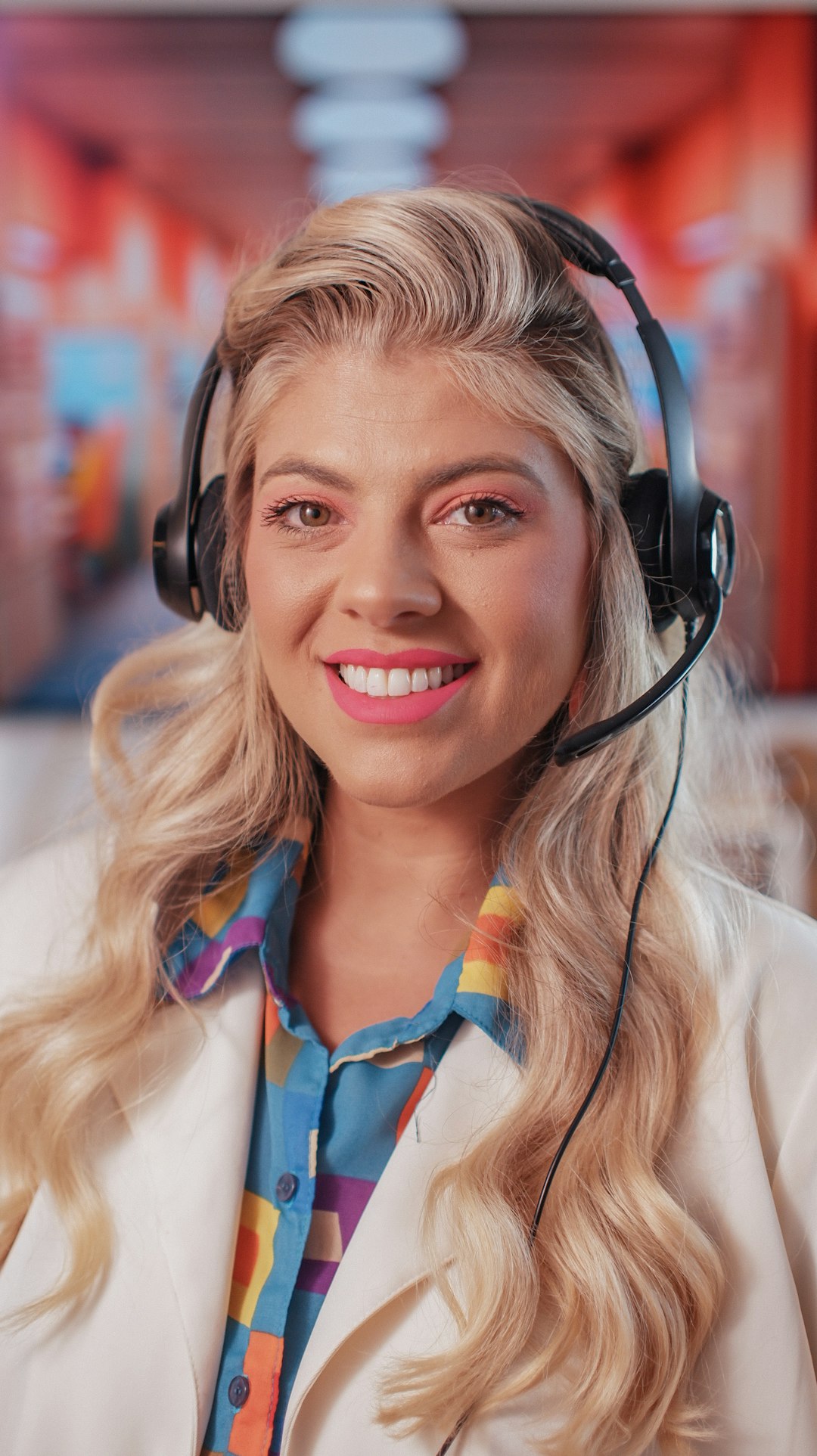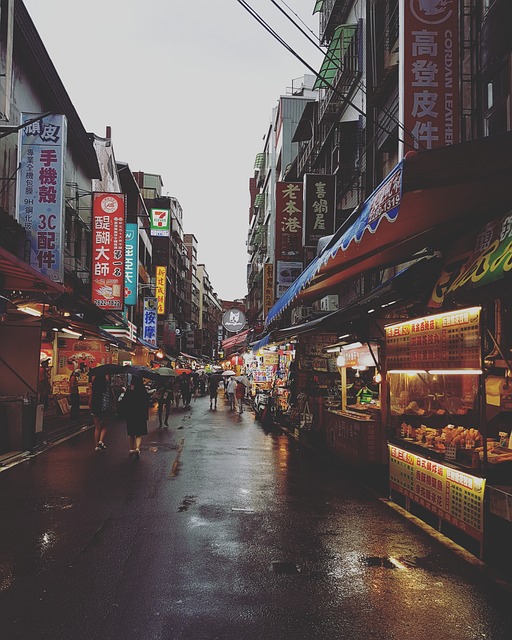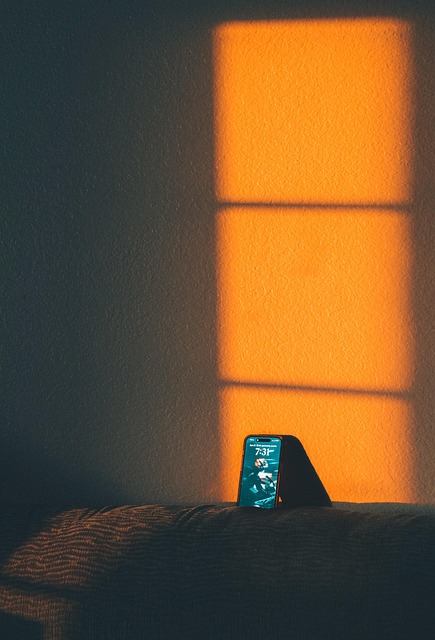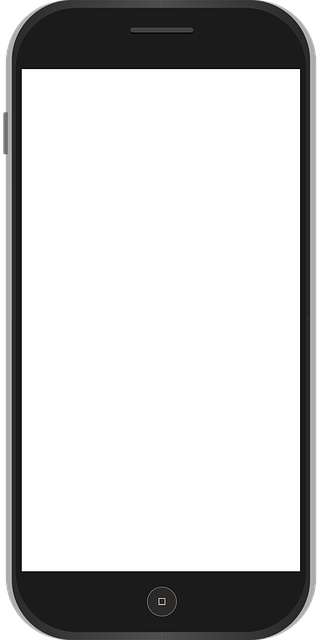As IoT grows, businesses in District of Columbia must navigate TCPA regulations to avoid legal issues with consumer data and automated communications. Lawyers for TCPA in DC clarify do-not-call lists and consent requirements, while staying informed on legal developments is crucial. Strict local IoT device regulations focus on user privacy and consent, emphasizing compliance and accountability through expert guidance from TCPA lawyers.
“In the rapidly evolving Internet of Things (IoT) landscape, understanding and adhering to privacy regulations like the Telephone Consumer Protection Act (TCPA) is paramount. This article explores the unique approach taken by the District of Columbia (D.C.) in regulating IoT devices and consumer protection. We delve into the legal challenges posed by TCPA in the IoT era from a D.C. lawyer’s perspective, offering insights on compliance strategies for businesses navigating this complex regulatory environment.”
Understanding TCPA in the IoT Era: A DC Perspective
In the rapidly evolving Internet of Things (IoT) landscape, the Telephone Consumer Protection Act (TCPA) plays a pivotal role in safeguarding consumers from unwanted communication practices. As IoT devices become more prevalent, capturing consumer attention and complying with privacy regulations pose unique challenges. The District of Columbia, known for its progressive legal approach, offers valuable insights into navigating the TCPA in this new era.
A lawyer for TCPA in the District of Columbia emphasizes that understanding the scope of TCPA regulations is essential for businesses integrating IoT technologies. This includes ensuring compliance with do-not-call lists and obtaining proper consent for automated calls or text messages. With IoT devices potentially generating vast amounts of data, including personal information, D.C.’s stringent consumer protection laws demand meticulous attention to privacy rights. Therefore, businesses must stay abreast of legal developments and consult experts in the field to avoid legal pitfalls when implementing IoT strategies while adhering to TCPA guidelines.
Legal Challenges: Navigating IoT and Consumer Protections
The rapid growth of the Internet of Things (IoT) has presented unique legal challenges, especially in terms of consumer protection under the Telephone Consumer Protection Act (TCPA). As IoT devices become increasingly integrated into our daily lives, from smart home appliances to wearable technology, the line between traditional telecommunications and connected devices blurs. This creates a complex environment for enforcing TCPA regulations in the District of Columbia and across the nation.
Legal experts, including lawyers specializing in TCPA cases, navigate this labyrinth by examining how IoT interactions constitute “telemarketing” or “automatic telephone dialing systems” as defined by the TCPA. The district’s courts have been instrumental in interpreting these terms, ensuring that consumers’ rights are protected against unwanted marketing calls and texts from automated systems. A lawyer for TCPA in the District of Columbia must stay abreast of these legal developments to advise clients effectively on compliance strategies and potential liabilities related to IoT devices.
Strategies for Compliance: D.C.'s Approach to Regulating IoT Devices
The District of Columbia has taken a proactive approach to regulating Internet of Things (IoT) devices in compliance with the Telephone Consumer Protection Act (TCPA). This involves implementing stringent strategies that ensure privacy and reduce consumer harassment. One key strategy is establishing clear guidelines for manufacturers, requiring them to obtain explicit consent from users before connecting IoT devices to networks, thereby preventing unauthorized calls or texts from being initiated.
Additionally, D.C.’s approach includes robust monitoring mechanisms, where regulatory bodies actively scrutinize device behavior and user data handling practices. This involves regular audits and penalties for non-compliance. By fostering a culture of accountability among IoT device developers and retailers, the District aims to protect consumers from potential TCPA violations, ensuring a safe and secure digital environment for all users. Engaging with legal experts specialized in TCPA laws is crucial for businesses navigating this regulatory landscape, especially when representing clients as lawyers for TCPA in the District of Columbia.






